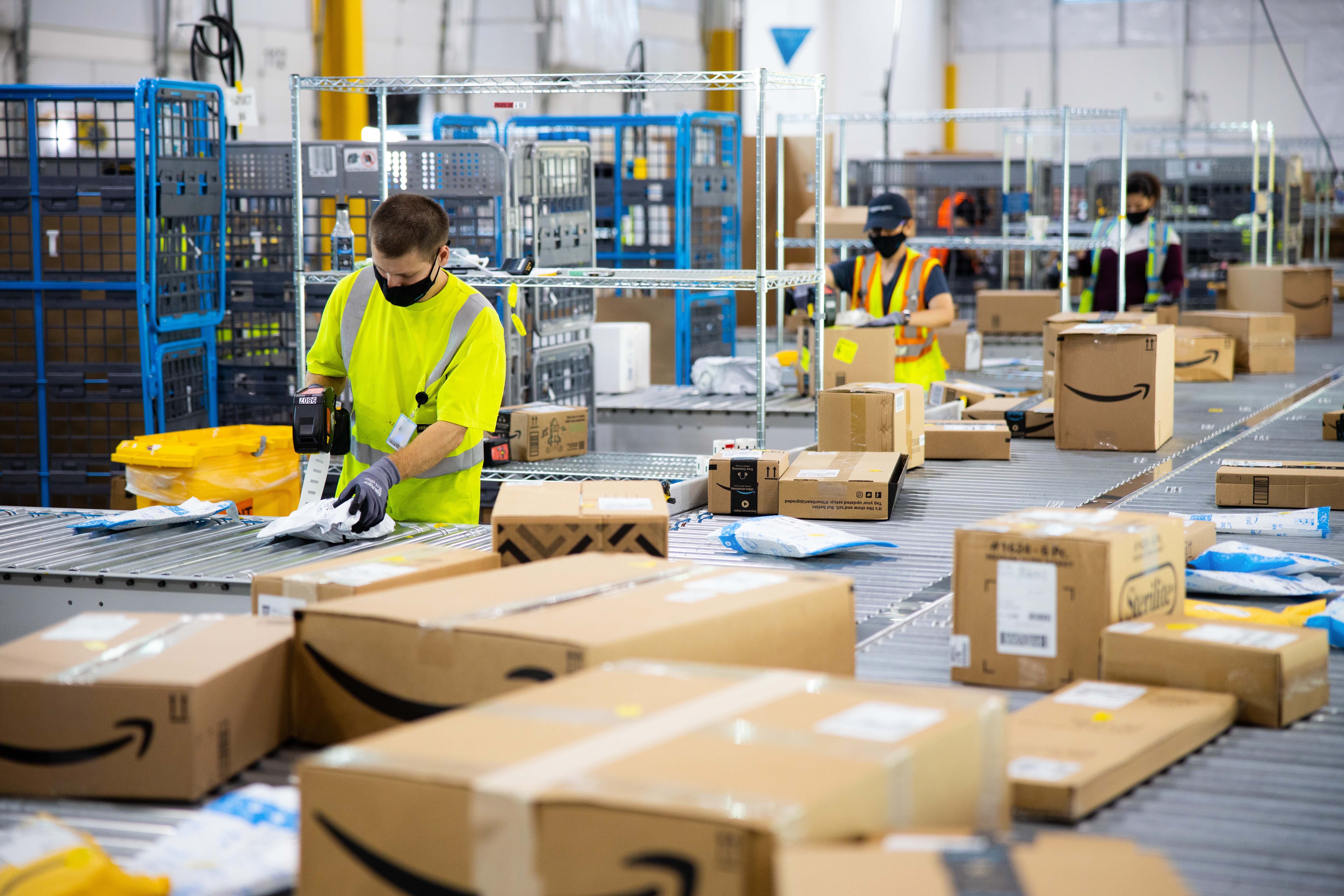Tesco will use discarded plastic to package its fresh fish, potentially preventing 500 tones of plastic from entering the oceans.
The supermarket has partnered with non-profit organisation Keep Sea Blue to collect and recycle plastic and reduce the amount of ‘virgin plastic’ required for its packaging.
Packaging trays for fish sold by Tesco will contain around 30 per cent recycled plastic. This will be collected from beaches and coastlines within 10 kilometres around the Mediterranean Sea to prevent plastics from being washed into the sea by rain or flooding.
Tesco claims the collection and processing of the plastic is fully transparent and traceable and certified by Keep Sea Blue, which works with organisations across the supply chain to rescue plastic in new packaging.
Through its customised Blockchain Platform, powered by Oracle Blockchain technology, the organisation monitors and certifies the circularity of plastics ensuring full material traceability.
Commenting on the news Sarah Bradbury, Tesco quality director, said: “Where we can, we are reducing the amount of new plastic we use in our business. Re-using coastal plastic in our fish packaging is one way we can do that and at the same time keep it out of the oceans.”
Latest News
-
River Island integrates new PIM system to support digital transformation
-
Temu launches Shopify app to broaden merchant access across local markets
-
Waitrose installs cash automation tech in stores
-
Morrisons sets 2050 net-zero goal across entire value chain
-
Shoppers spurned credit cards in 2024 due to high interest rates, finds BRC
-
Build-A-Bear partners with Uber Direct for same-day deliveries
Beyond Channels: Redefining retail with Unified Commerce
This Retail Systems fireside chat with Nikki Baird, Vice President, Strategy & Product at Aptos will explore how unified commerce strategies enable retailers to tear down these barriers and unlock new levels of operational agility and customer satisfaction.
The future of self-checkout: Building a system that works for consumers and retailers
In this webinar, industry leaders discussed what the future of self-checkout looks like and how retailers can make the technology work for everyone.
© 2024 Perspective Publishing Privacy & Cookies












Recent Stories